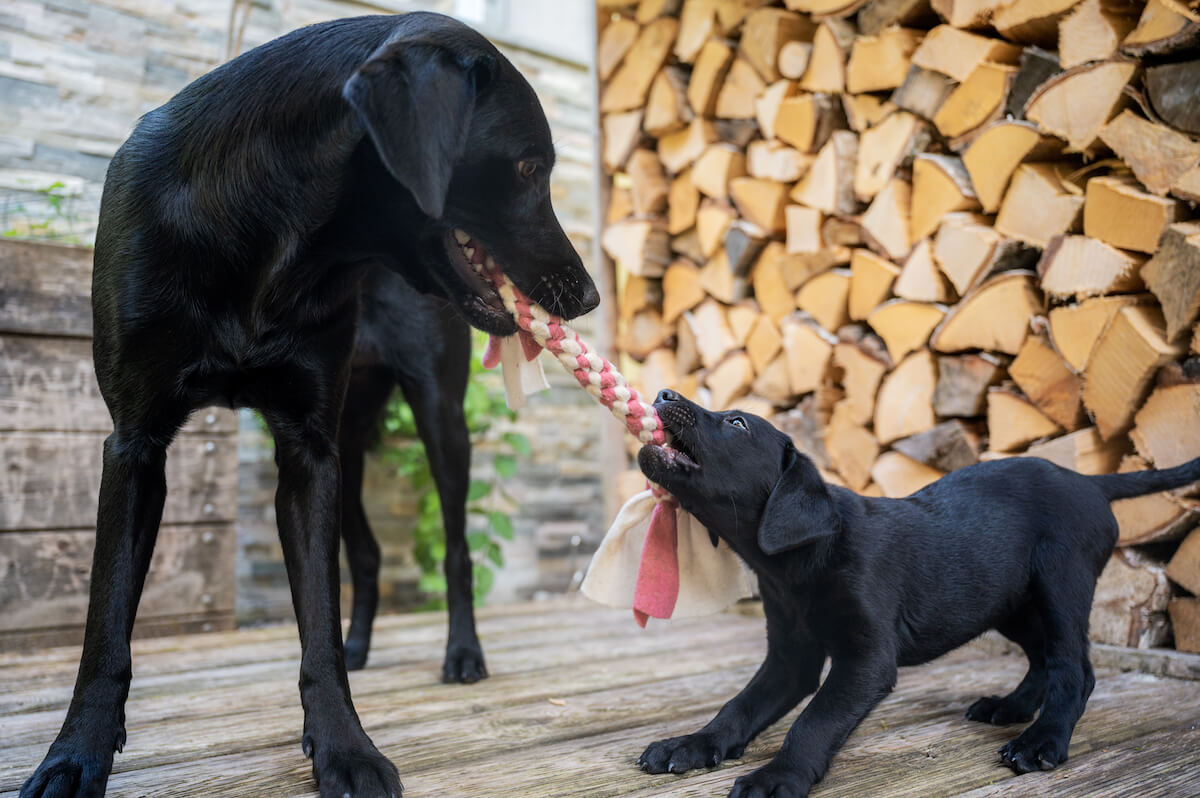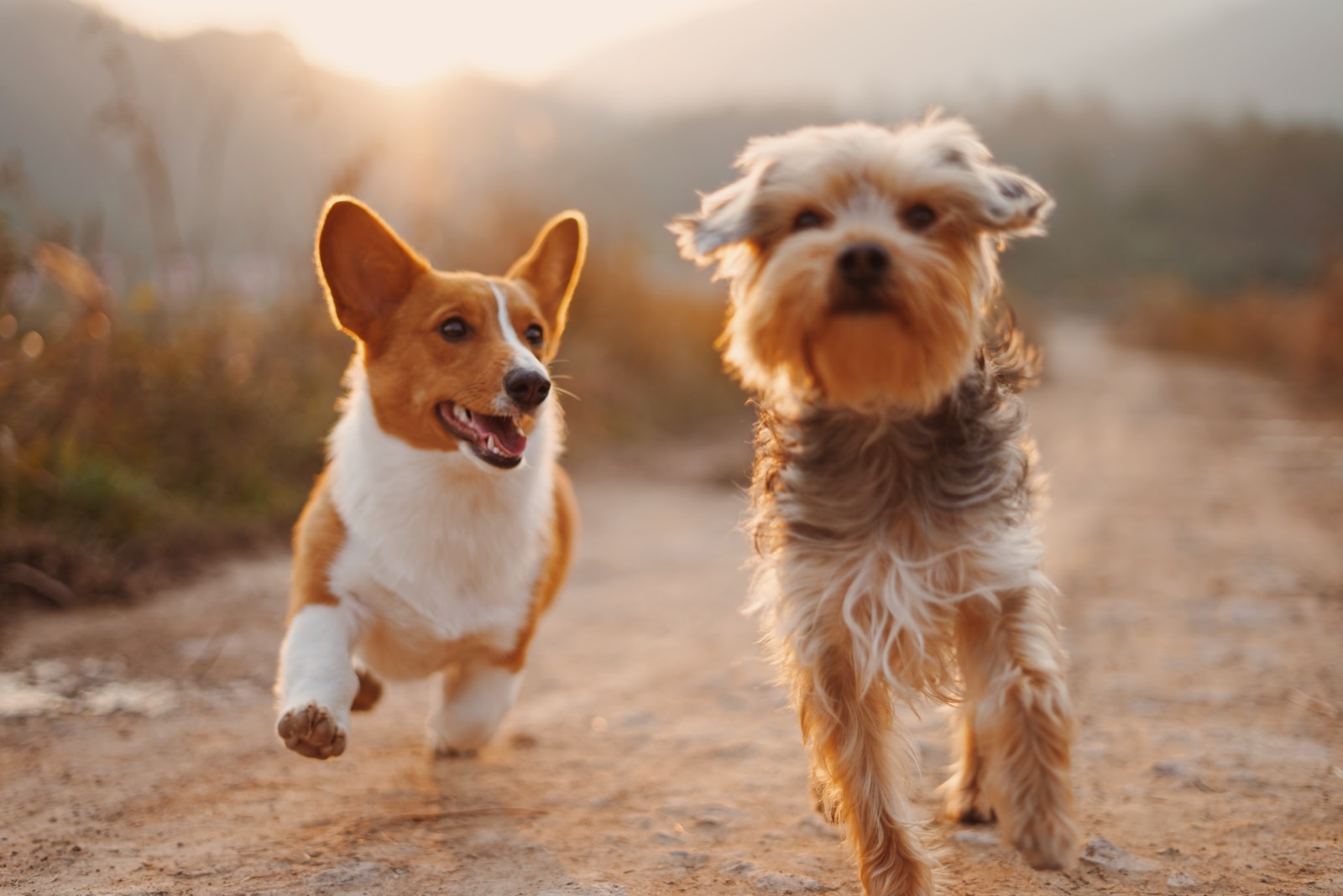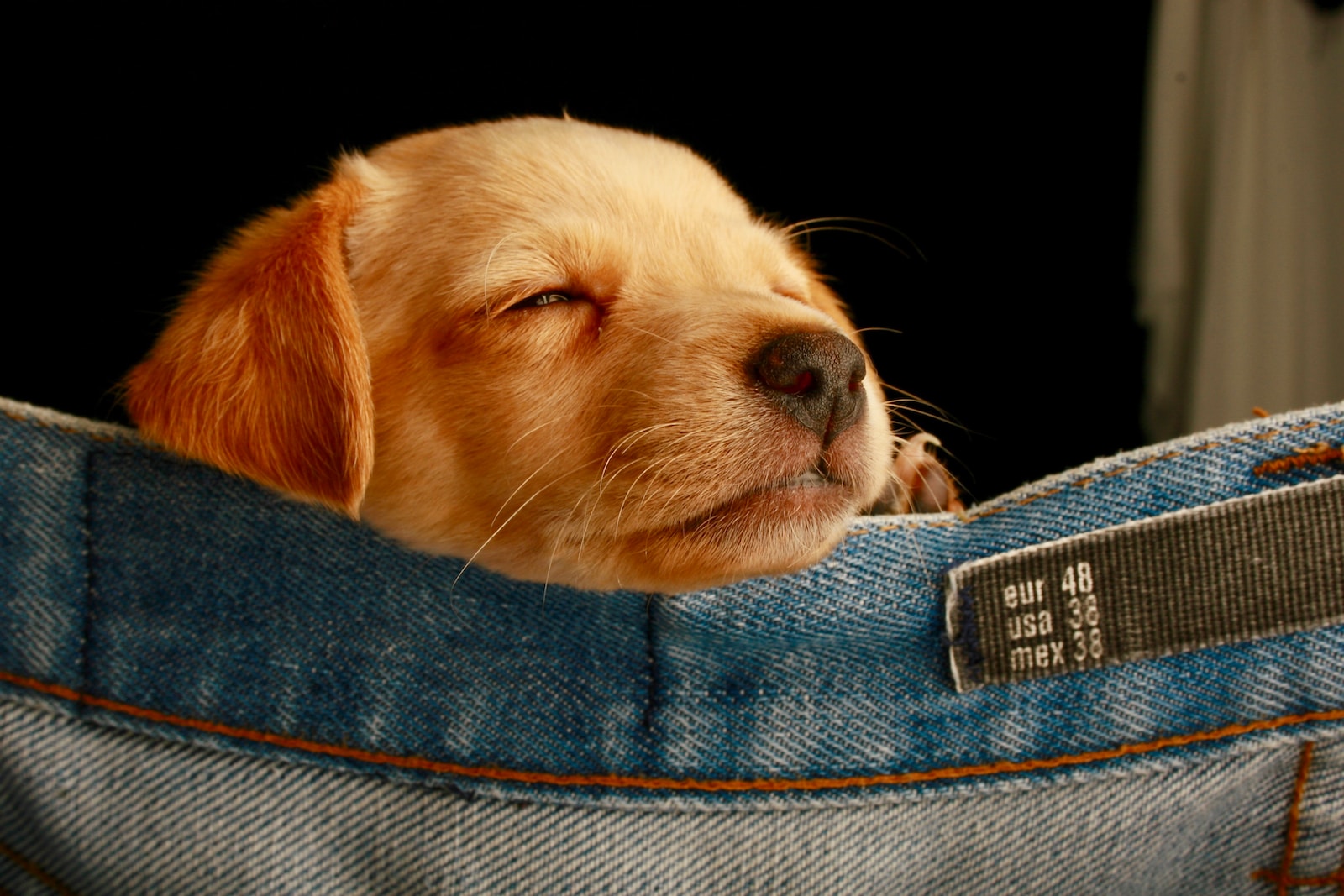Puppyhood is a whirlwind of puppy kisses, muddy paws and exciting new adventures. It can also be a confusing and overwhelming time for both puppy and owner. Navigating puppyhood is an important task to ensure your puppy grows into a happy and healthy adult dog. This guide is designed to help you understand your puppy’s needs and provide the best care possible during this important life stage. From learning the basics of puppy nutrition and potty training to providing guidance and socialization opportunities, this guide will equip you with the knowledge and resources needed to successfully navigate puppyhood.
Understanding puppy nutrition
Puppies are growing rapidly during their first few months of life, so it’s important to feed your puppy a good diet. You’ll want to ensure that they receive a balanced diet that meets their nutritional needs, including the appropriate amounts of protein, fat, carbohydrates and vitamins and minerals. A puppy diet should be formulated to support healthy growth. It’s important to remember that puppies grow rapidly, which means they need more nutrients than an adult dog. Puppies are carnivores and require a high protein diet. Vegetables, fruits, grains and other plant matter are not suitable for dogs, as they have too many water-soluble nutrients, which can be toxic to dogs.
Potty training your puppy
Potty training is essential for all puppies. Many new owners are eager to get their new puppy out and about, but they don’t understand the importance of training. You’ll want to set aside time on a regular basis to conduct the training. This can be as simple as taking your puppy outside to do her business, picking it up and taking it to a designated spot for pottying, giving her a treat and praise when she does her business in that spot. If you don’t have the time to potty train your puppy, you could be creating serious problems. Potty training is essential for preventing house soiling. Many common health problems, including urinary tract infections (UTIs), can be caused by frequent soiling. Additionally, it’s important to train your puppy at a young age, as it will make the process much easier for you both in the long run. If your puppy doesn’t have the opportunity to train when she is young, she may have issues when she is an adult.
Teaching basic obedience
Another important aspect of puppyhood is learning basic obedience. A well-socialized and well-trained dog is a happy and healthy dog. There are a variety of obedience classes available, from online programs that provide instruction at your convenience, to in-person classes that offer hands-on training with a qualified trainer.
Socializing your puppy
During puppyhood, you want to provide your puppy with socialization opportunities, or exposure to people and other animals. This exposure will teach your puppy to be friendly and calm around people and other dogs. This will reduce the risk of your puppy having future behavioral issues and make her a much more pleasant pet in the future. Many dog parks and local community dog runs are great places for this. You can also take your puppy to local festivals, parades, fairs, potluck gatherings and other events.
Grooming and bathing your puppy
Grooming your puppy is important for preventing infection and skin issues, especially during this stage of life. Regular weekly grooming sessions can help prevent damage from matted fur, which is common in younger, growing dogs. Bathing your puppy is also essential during this stage of life, as they are prone to developing dirty or smelly feet. You can bathe your puppy at home, or take her to the groomers to save yourself some time and effort. Most groomers offer discounts for grooming puppies.
Scheduling puppy checkups
Another important task during puppyhood is to schedule your puppy’s annual checkups with your veterinarian. This will ensure that your puppy receives annual vaccinations and is up-to-date on her health exams. As your puppy grows, she’ll need to be examined and have blood work done every year. Some health conditions, such as hip dysplasia, are inherited and can be detected early through a thorough exam.
Conclusion
Puppyhood is a fun and exciting time for both you and your dog, but it can also be a time of growth and change. It’s important to understand your puppy’s needs during puppyhood and provide the best care possible. This will help you to avoid potential problems in the future.



